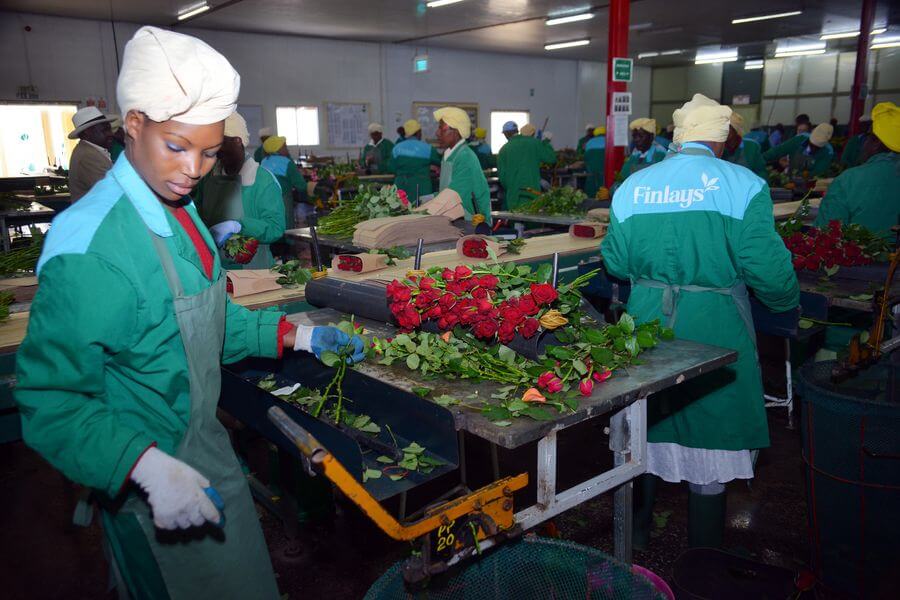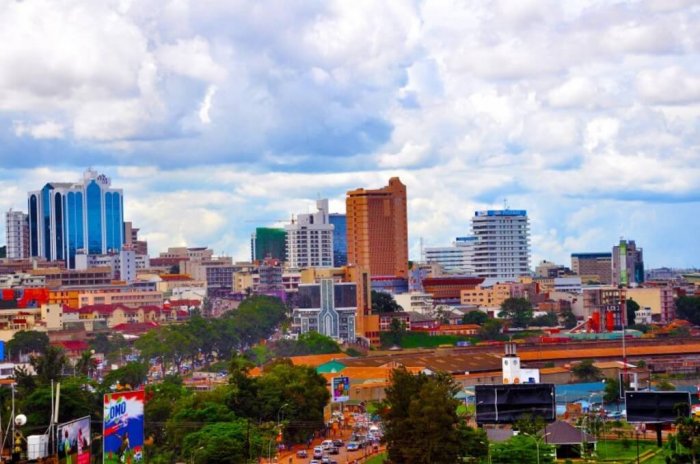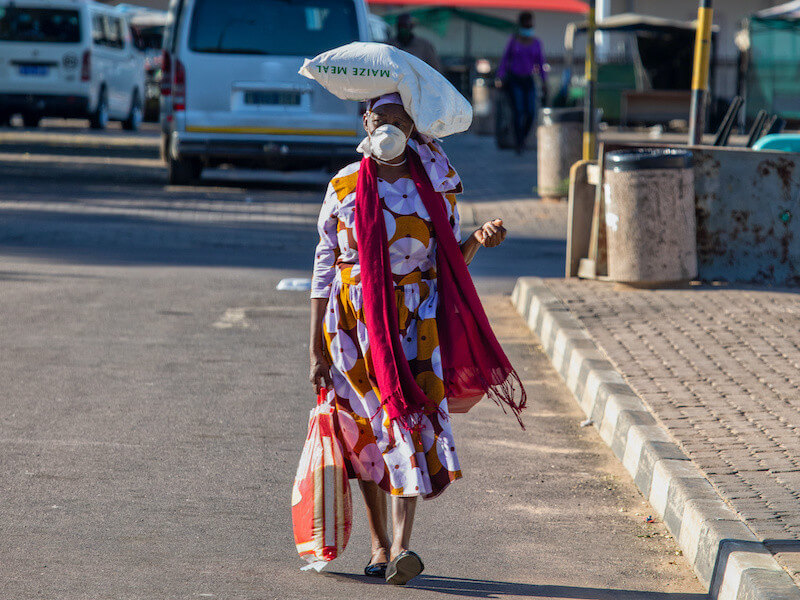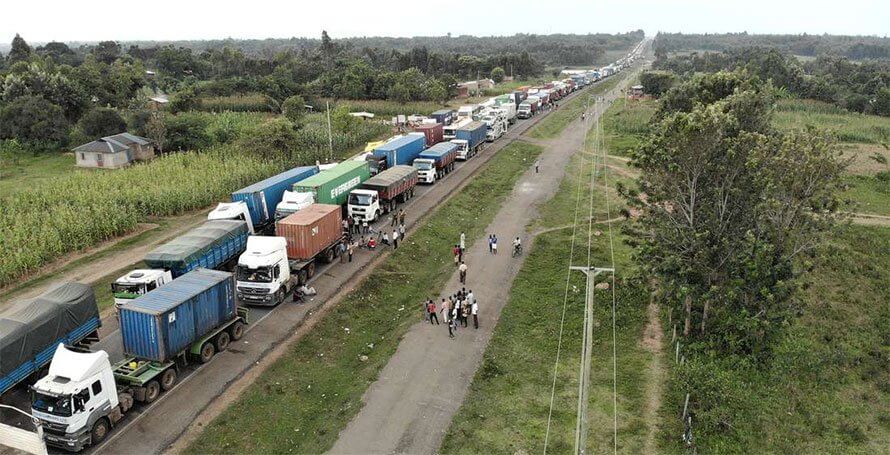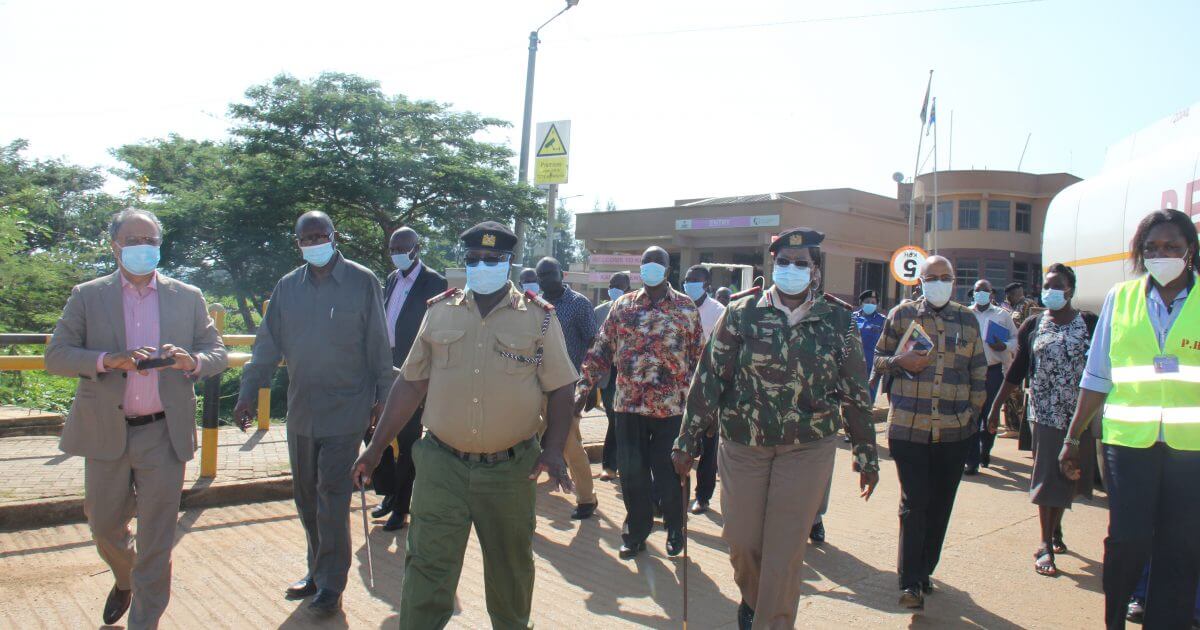The newly launched service will be implemented in partnership with the Tanzania Freight Forwarders Association (TAFFA) and the Federation of East African Freight Forwarders Association (FEAFFA). The solution, which has been rolled out since November 2019 with a major global shipping line looks to expand to cover all carriers using the port of Dar es Salaam. Firm’s managing director, John Mathenge said: “We provide a business-friendly alternative to container deposit which is accessible to customs agents, freight forwarders and shippers”. The solution, according to Mathenge entails the issuance of guarantee by Viaservice upon payment of a service fee to authorized customs agents, freight forwarders and shippers, waiving the need for container deposit. He said company has explored a sustainable solution that addresses the concerns of both, carriers and container users. He said the service is heralded as a sustainable solution that protects the interest of all stakeholders. “You no longer need to put up hefty cash deposits to secure release of local or transit containers. Yet the shipping lines are guaranteed of prompt settlement of all dues related to delay in return, damage, and total loss of containers”, he said, adding Viaservice will in turn recover advances made to shipping line from subscribers. Elisha Tengeni, Viaservice Commercial Manager said: “We are confident that the solution will sustainably improve users’ cash flow, boost their competitiveness, improve their relationship with shipping lines, and enhance their respective administrative and operational efficiencies”. He said during this time when the transport logistics industry is impacted...
Dar firm launches service to boost business for port users
Posted on: June 8, 2020
Posted on: June 8, 2020


